Free events for the public, organised by BU researchers, taking place online and in person throughout November. Book your places below.
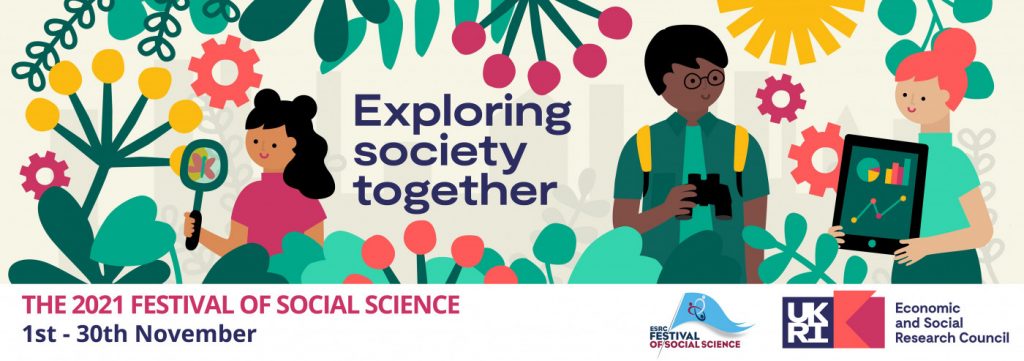
The ESRC Festival of Social Science 2021
Coming up this week
Digital exclusion and inclusion in health and social care
 Wednesday, 3 November
Wednesday, 3 November
Online
This half-day workshop will bring together people working in health, social care and community services to discuss and explore the impact of digital exclusion on the public’s access to services and support. It will focus particularly on the context of West Dorset but with lessons and discussions relevant across the country.
Book now
How can faith-based organisations address climate change?

Saturday, 6 November
LOVECHURCH @ St Swithun’s Bournemouth
Join us to hear different perspectives from faith-based organisations on how faith, religion and organisations might view and address climate change, as well as from researchers working on solutions.
Faith and climate change awareness are both important factors in how many people think and live. However, despite some efforts from faith-based organisations (FBO) such as Christian Aid, Tearfund, there is more that could be done to tackle climate change from a faith perspective.
Book now
Later this month
The science of suicide – addressing myths and misconceptions

Saturday, 13 November
Bournemouth Gateway Building, Bournemouth University
In this talk, Dr Moseley will explore common myths and misunderstandings about suicide, and what contemporary psychological theories about suicide can tell us about why and how people end their own lives.
Through scientific research, we’ll explore themes of loneliness and social connectedness, as well as what research tells us about groups who are especially at risk, such as autistic people. We’ll also consider what we can do, including the language we use, to support people at risk of suicide.
Book now
Connecting with nature: for wellbeing, sustainability and the environment

Monday, 15 November & Wednesday, 17 November
Online
Connecting with nature can have benefits not only for our own wellbeing, but for the environment too. Join BU researchers and local nature organisations for a selection of talks over two days, to learn more about forest bathing, volunteering for nature, sustainable living and other ways to engage with and protect the natural environment.
We’ll also discover what social science research tells us about the sustainable choices people make throughout their life. Set against the backdrop of COP26, this event will explore how the choices we make could address the climate and ecological crises, and how Bournemouth University targets and supports these.
Book now
Storytelling for communicating climate science

Monday, 15 November
Online
In a time of information overload, it can be hard to break through the noise to tell evidence-based stories that inform and inspire. In this interactive workshop our team of Science, Health and Data Communications experts will investigate the uses—and misuses of storytelling about climate change.
Through a ‘playable communications’ workshop we will explore how play, in the form of choice-based games and text adventures, can be used for myth-busting and misinformation spotting, as well as for constructing imaginative and inspiring evidence-based narratives.
Book now
Demystifying ‘mental capacity’ – what you should know

Tuesday, 16 November
Online
The Mental Capacity Act 2005 is relevant to everyone working with individuals aged 16 or over who have difficulty in making informed decisions. However, many are unsure of how it is used in practice, for example in making ‘best interest’ decisions, or in relation to end of life care and Advance Decisions to Refuse Treatment.
This online event will provide an opportunity for members of the public (including experts by experience) and health and social care practitioners to learn from one another about how to best support vulnerable members of society who lack capacity.
Book now
Collaboration for better outcomes in criminal justice

Thursday, 18 November
Online
Many of the people who offend most frequently are also some of the most vulnerable, who need support from a number of different local agencies. There is huge potential for these criminal justice, health and social care services to work together for better outcomes across the board.
Join us to learn about how integrating these services is done around the world, including Nordic models, and how BU research is improving collaboration between correctional and mental health services.
Book now
Nursing in times of crisis: Covid-19 & WW2

Wednesday, 24 November
Bournemouth Gateway Building, Bournemouth University
This event will look at nursing during Covid-19 and during another period of crisis in which nurses played a key role – World War II.
We’ll explore personal stories of nursing during WW2 and from Bournemouth University’s own student nurses who worked during the pandemic, as well as considering what objects and uniforms from these different eras can tell us. This event is also an opportunity to share your own thoughts and experiences.
Book now
The face under the mask: what Covid-19 has taught us about face perception

Thursday, 25 November
Online
The Covid-19 pandemic has changed a great deal about how humans communicate and interact with each other, part of which is the wearing of face masks. But faces are our most important social clues and provide a great amount of information, so what happens when they are partially covered? We’ll discover how masks affect how we perceive faces, but also what this effect can tell us about how face perception works.
Book now
Interested in holding your own public event to share research? Join our training session on getting started in public engagement with research. Online, Thursday 4 November 11-12:30.


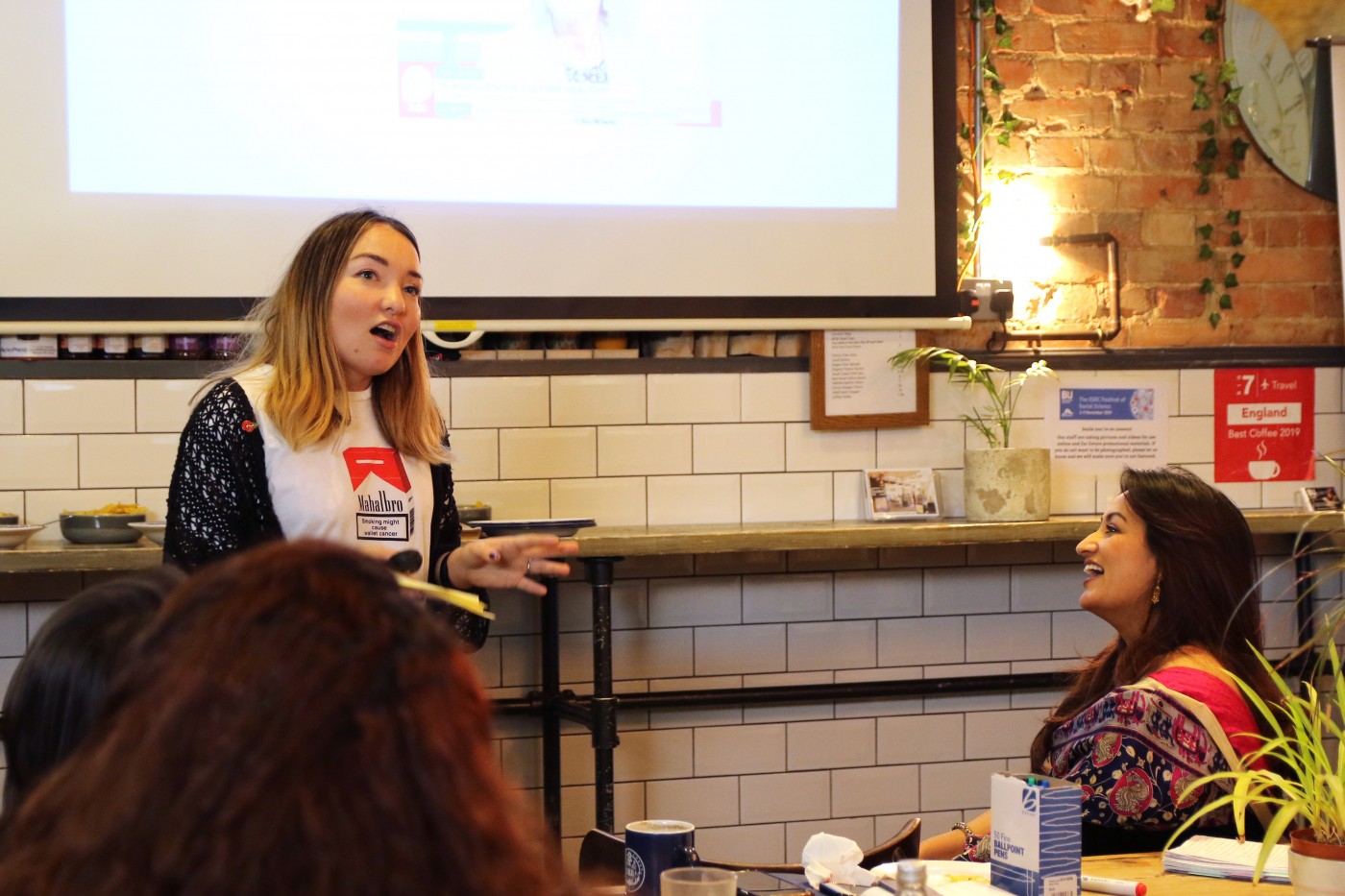
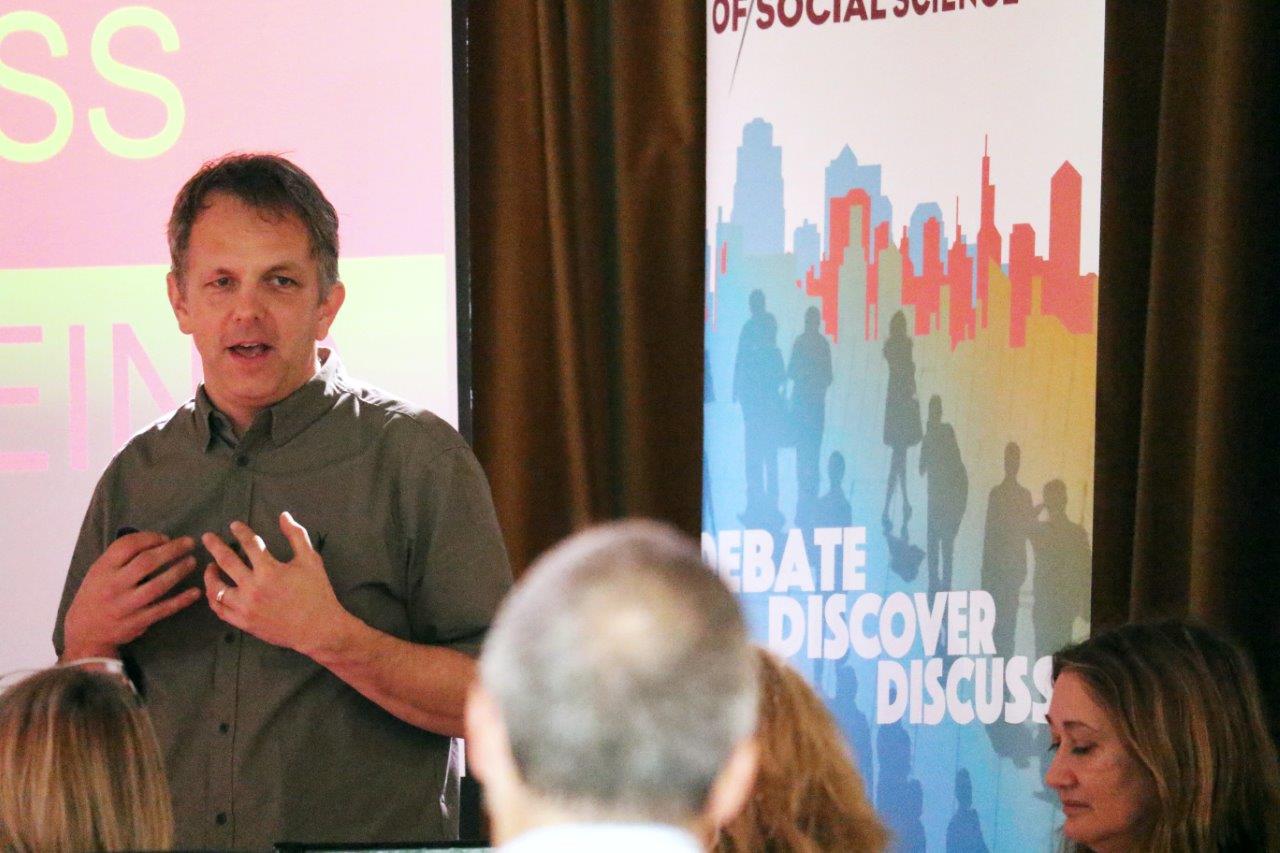
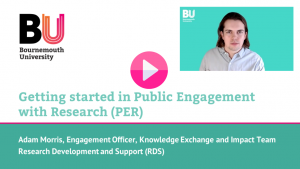
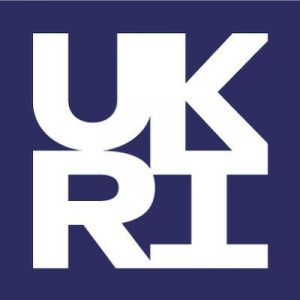



 The call closes on Friday 11 June 2021.
The call closes on Friday 11 June 2021.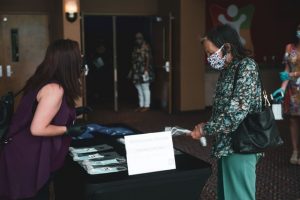 The festival offers a fascinating insight into some of the country’s leading social science research and how it influences our social, economic and political lives – both now and in the future. The
The festival offers a fascinating insight into some of the country’s leading social science research and how it influences our social, economic and political lives – both now and in the future. The 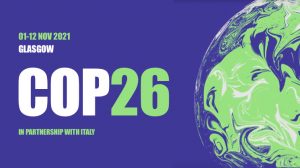
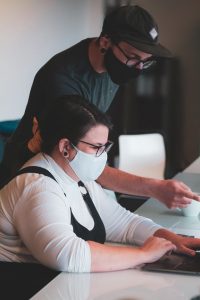 Bournemouth University is an official festival partner and will run several events as part of the festival. Applicants should apply directly to BU’s Public Engagement team, NOT to the ESRC.
Bournemouth University is an official festival partner and will run several events as part of the festival. Applicants should apply directly to BU’s Public Engagement team, NOT to the ESRC.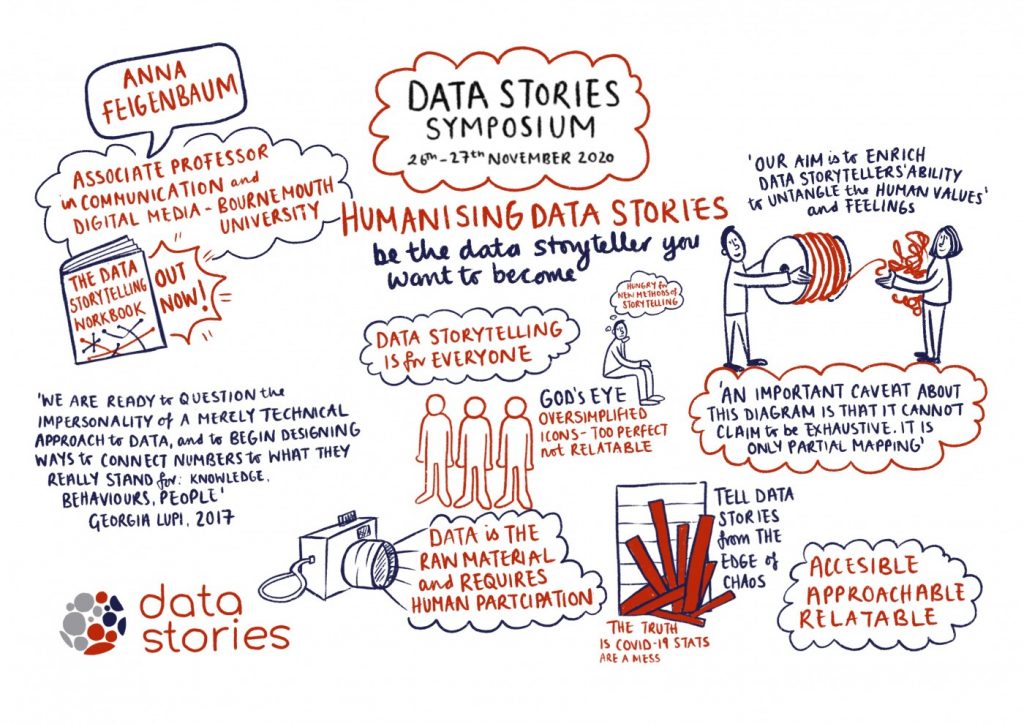
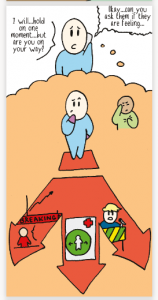

 ESRC are pleased to confirm that from 1 January 2020 they will be revising the eligibility criteria for this scheme to remove the four-year time bound criterion. This change is in recognition of the increasing diversity of career paths and trajectories and ESRC’s ambition to be as inclusive and supportive of these as possible.
ESRC are pleased to confirm that from 1 January 2020 they will be revising the eligibility criteria for this scheme to remove the four-year time bound criterion. This change is in recognition of the increasing diversity of career paths and trajectories and ESRC’s ambition to be as inclusive and supportive of these as possible.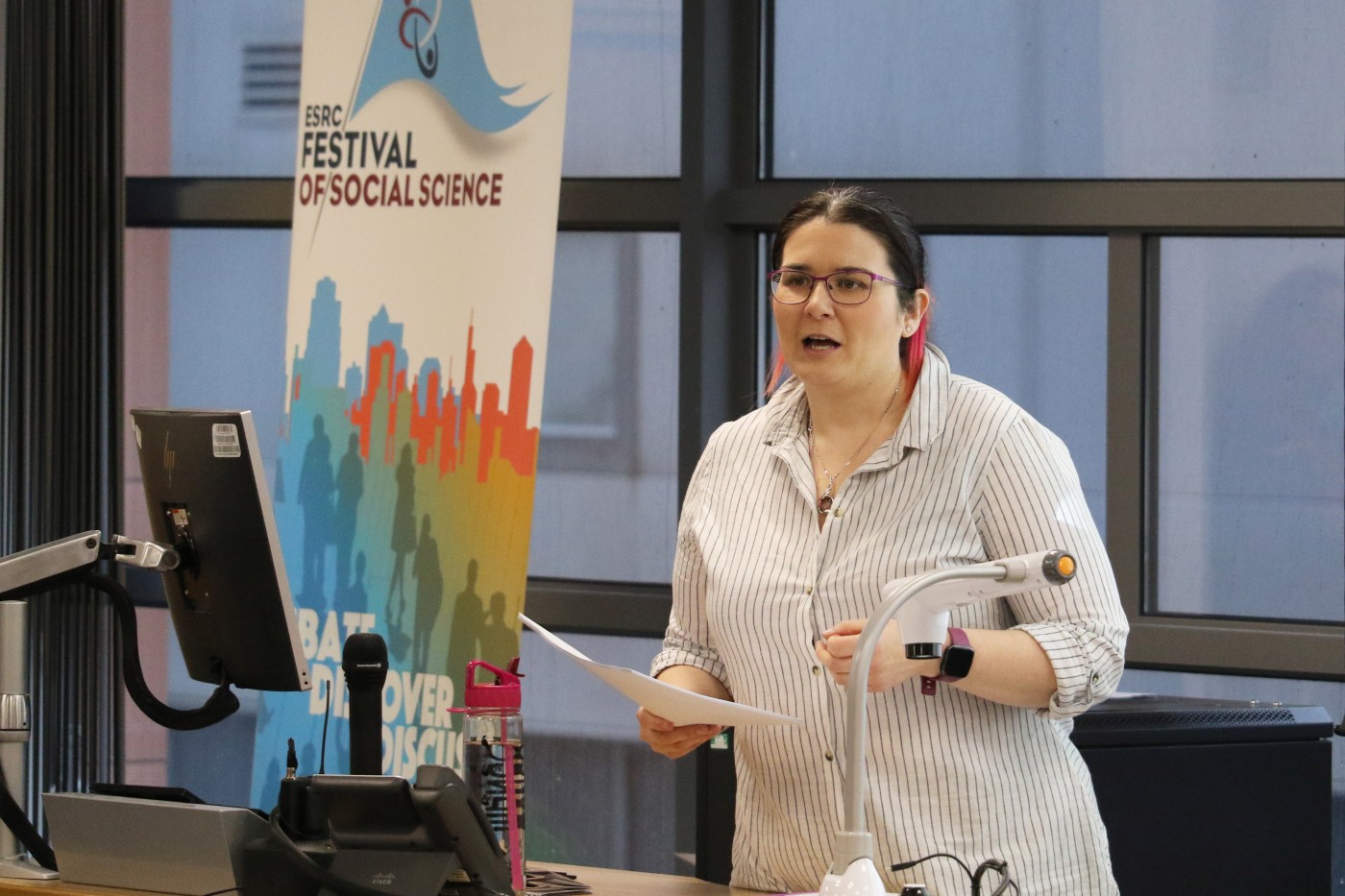
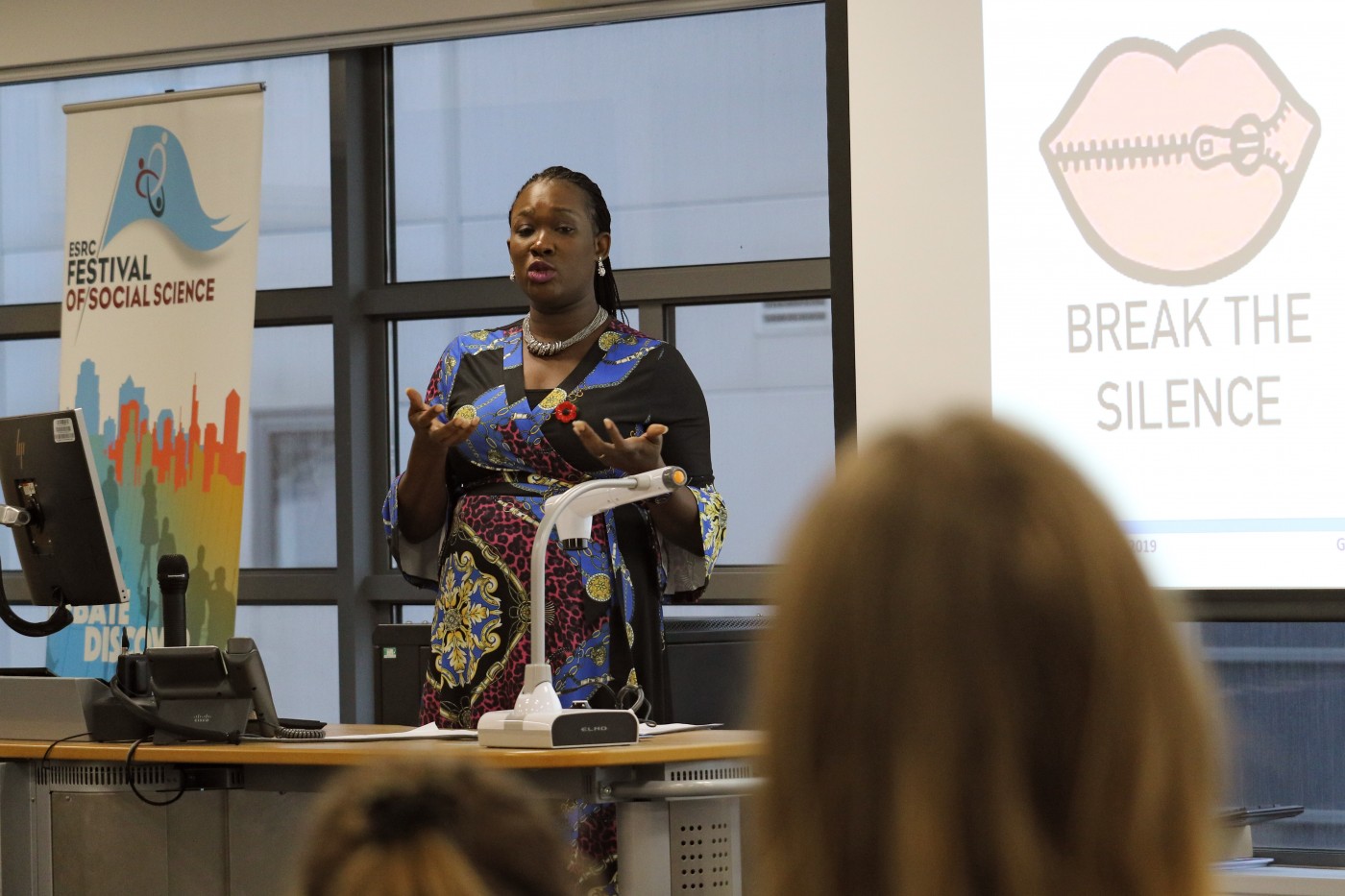
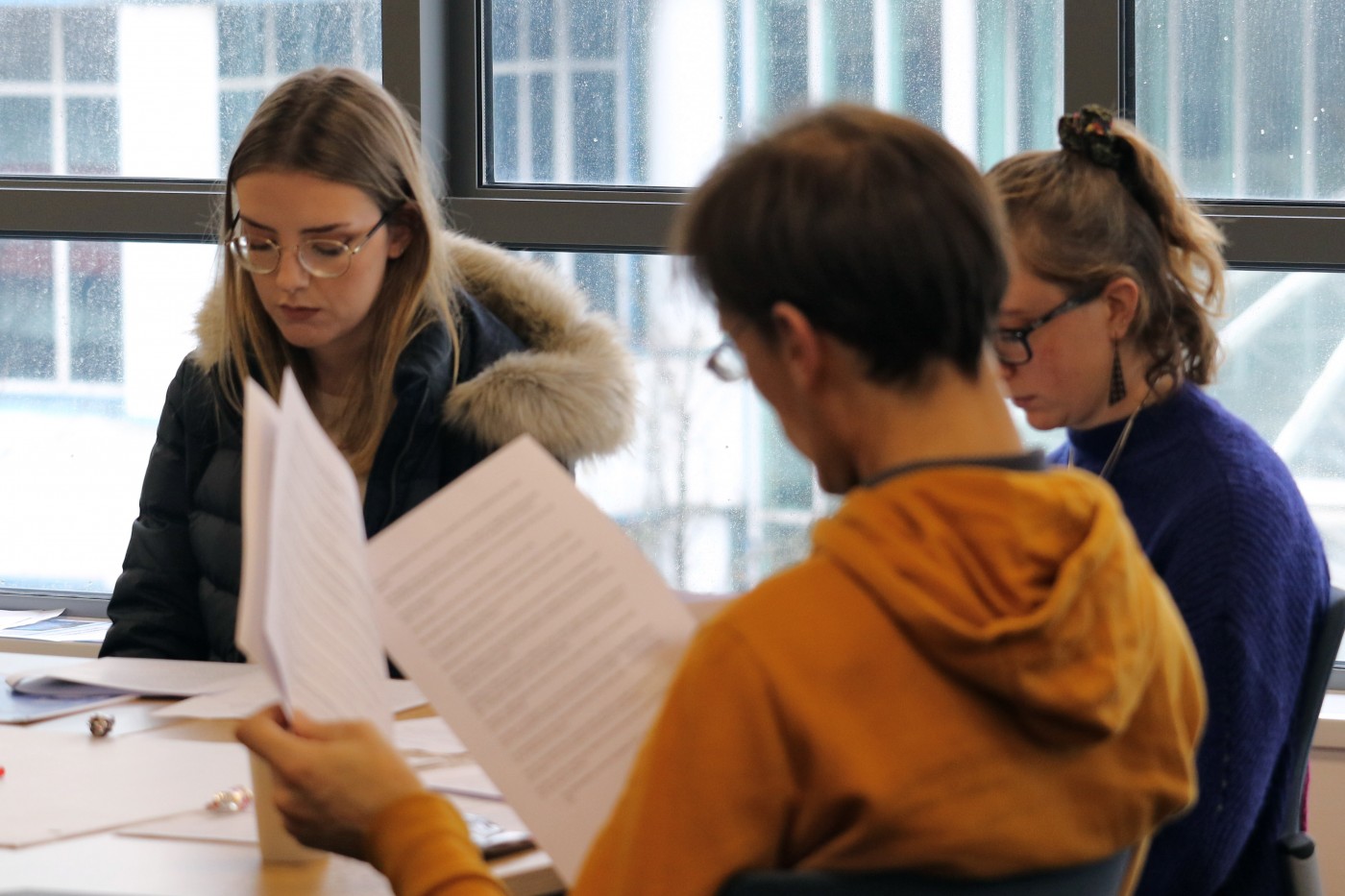
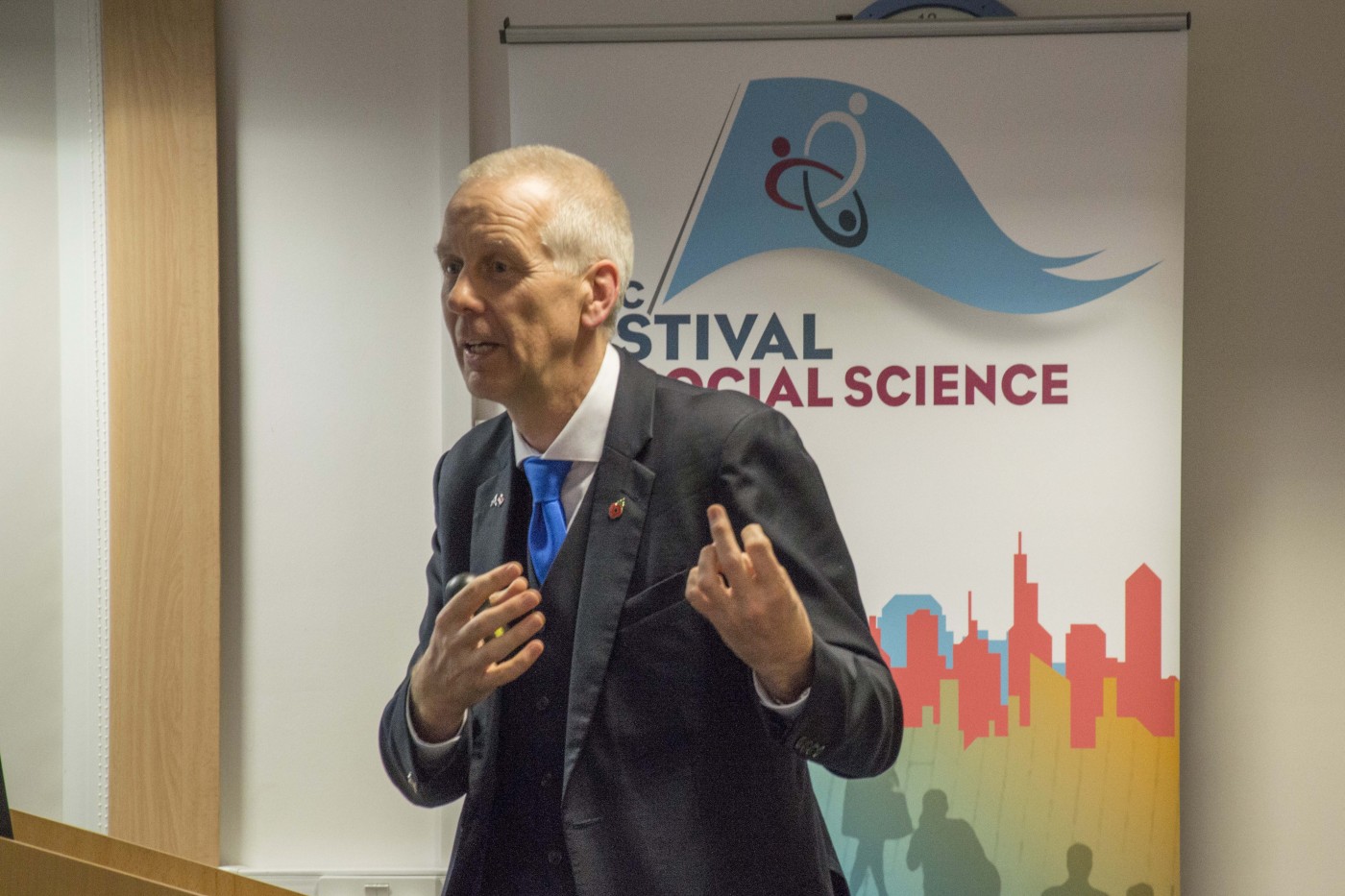



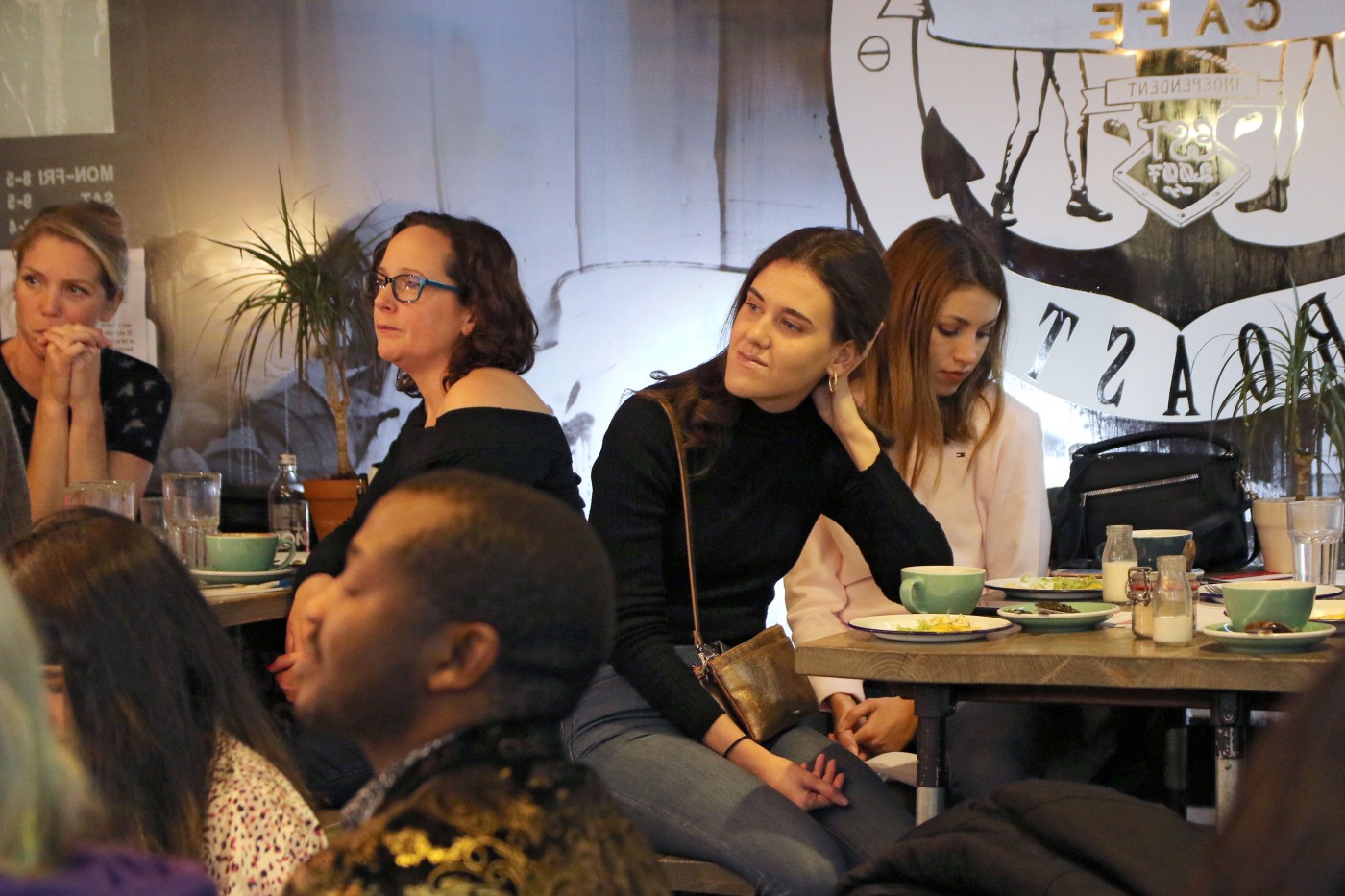
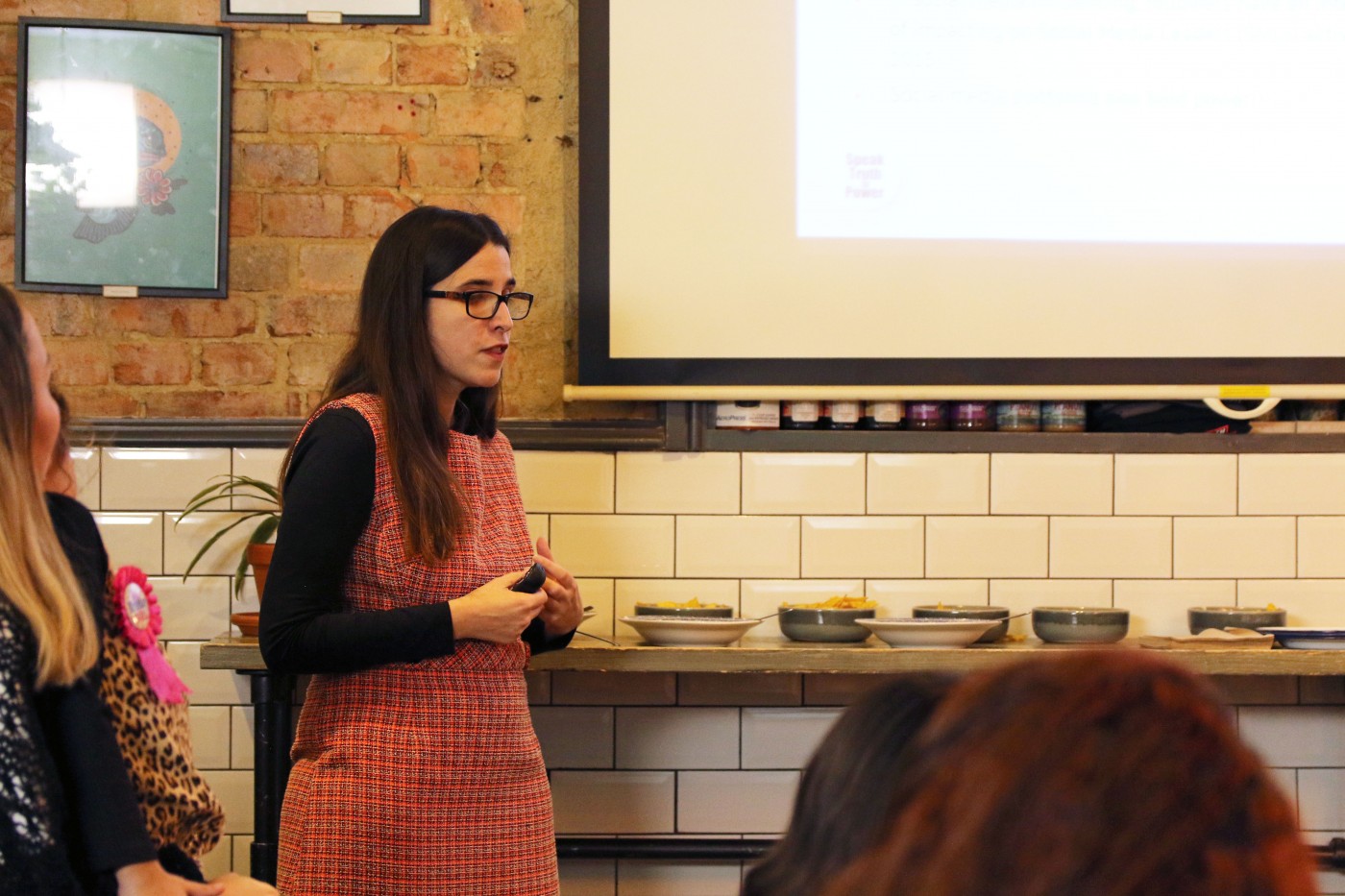
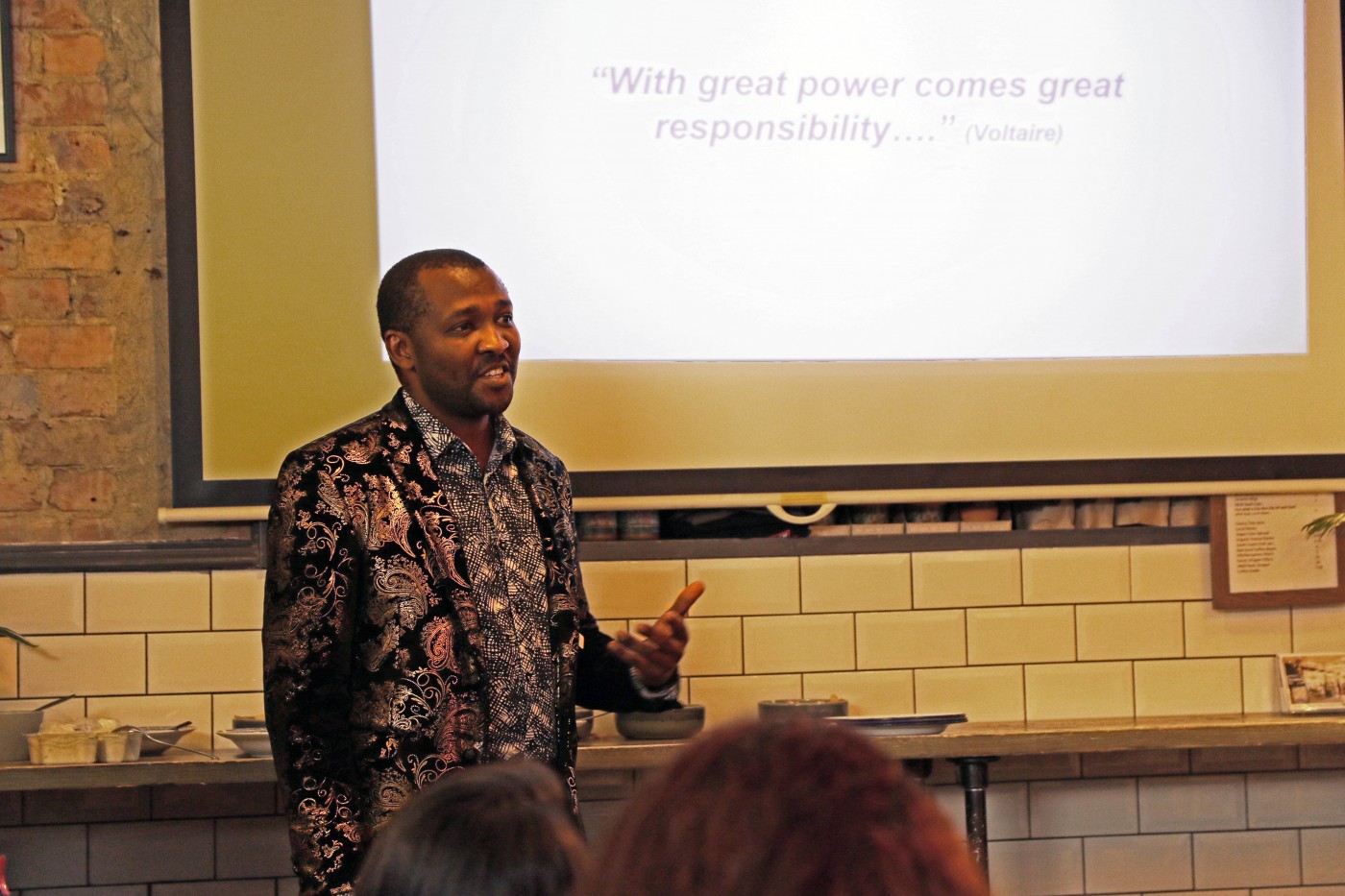
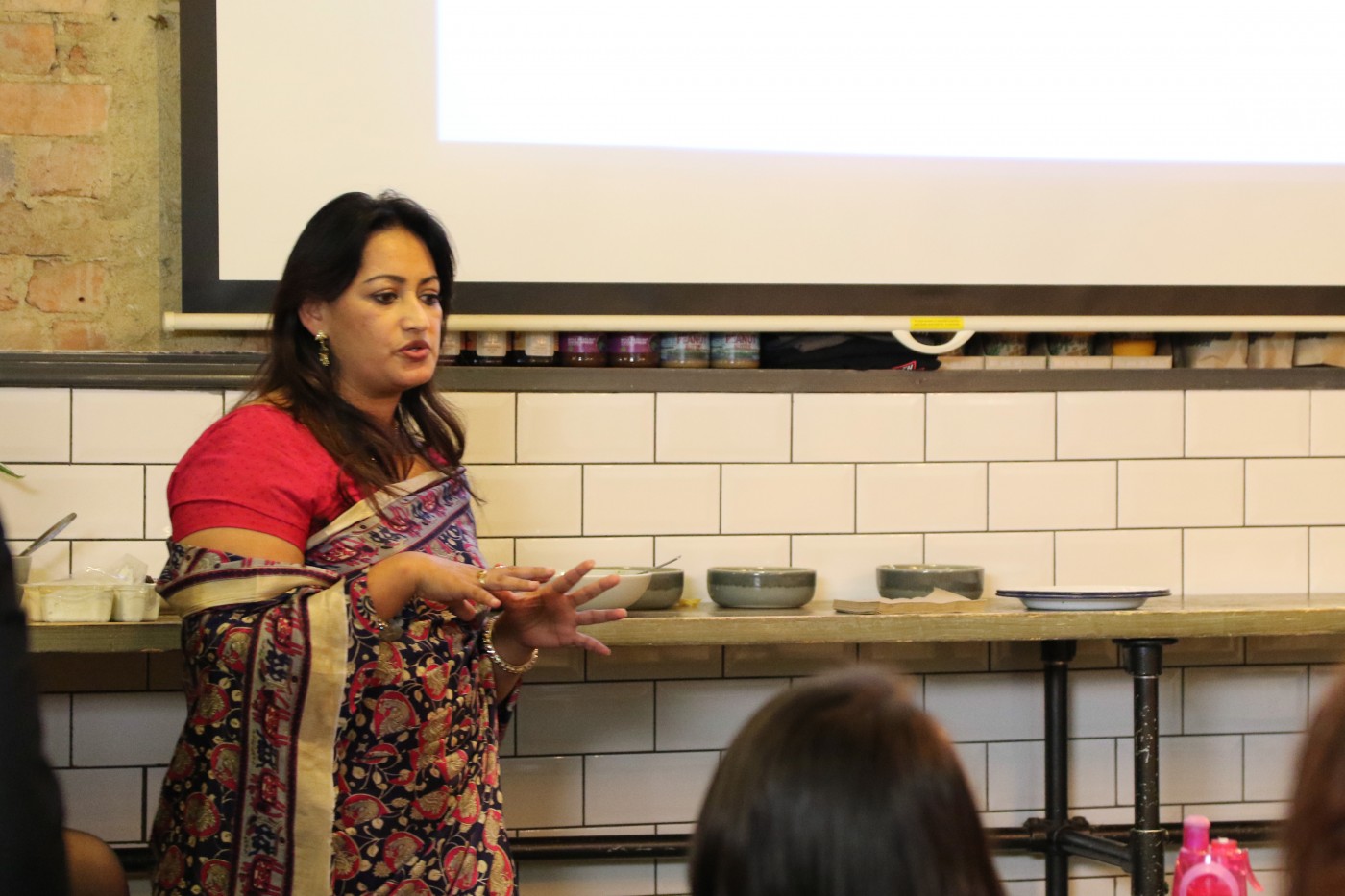
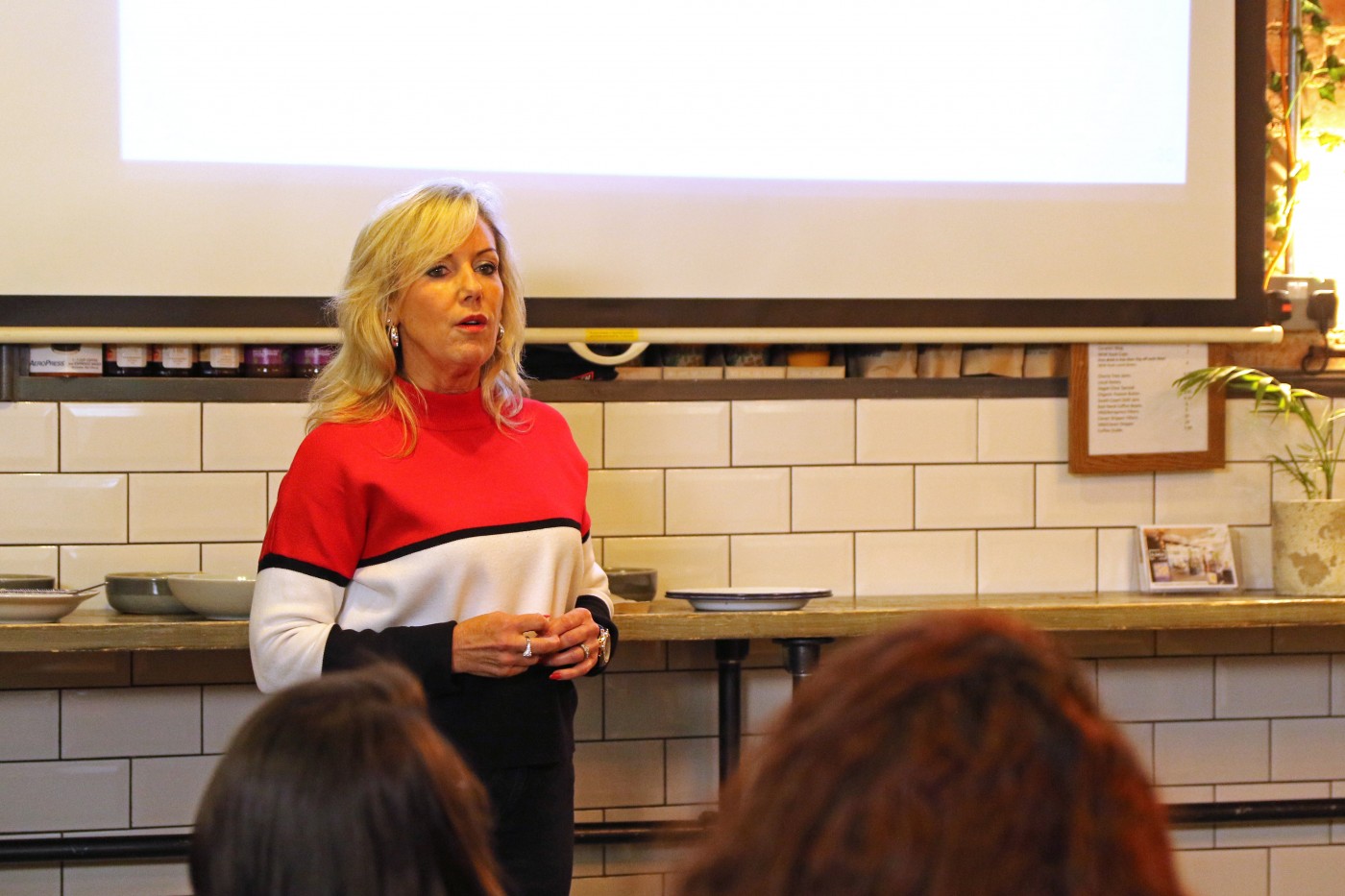











 Beyond Academia: Exploring Career Options for Early Career Researchers – Online Workshop
Beyond Academia: Exploring Career Options for Early Career Researchers – Online Workshop UKCGE Recognised Research Supervision Programme: Deadline Approaching
UKCGE Recognised Research Supervision Programme: Deadline Approaching SPROUT: From Sustainable Research to Sustainable Research Lives
SPROUT: From Sustainable Research to Sustainable Research Lives BRIAN upgrade and new look
BRIAN upgrade and new look Seeing the fruits of your labour in Bangladesh
Seeing the fruits of your labour in Bangladesh ECR Funding Open Call: Research Culture & Community Grant – Apply now
ECR Funding Open Call: Research Culture & Community Grant – Apply now ECR Funding Open Call: Research Culture & Community Grant – Application Deadline Friday 12 December
ECR Funding Open Call: Research Culture & Community Grant – Application Deadline Friday 12 December MSCA Postdoctoral Fellowships 2025 Call
MSCA Postdoctoral Fellowships 2025 Call ERC Advanced Grant 2025 Webinar
ERC Advanced Grant 2025 Webinar Update on UKRO services
Update on UKRO services European research project exploring use of ‘virtual twins’ to better manage metabolic associated fatty liver disease
European research project exploring use of ‘virtual twins’ to better manage metabolic associated fatty liver disease